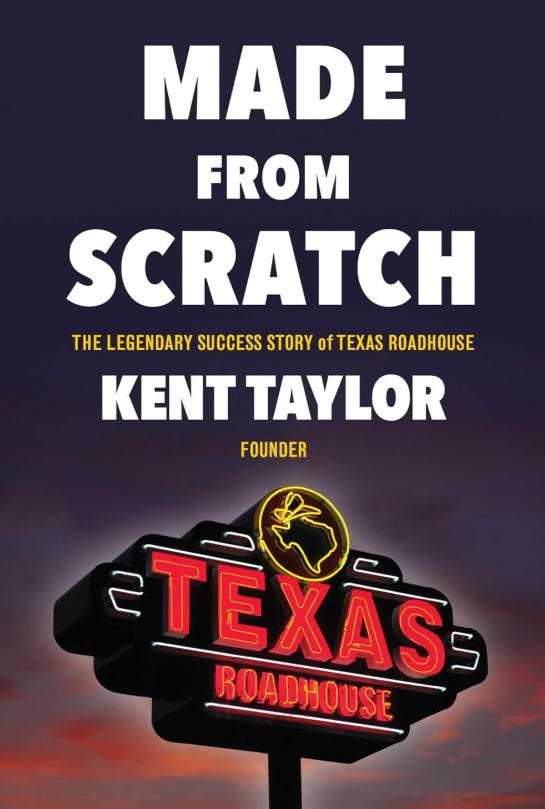The Exit Mirage: What They Don't Tell You About Stepping Away
The hidden cost of walking away: without purpose on the other side, an exit becomes regret.
About a year ago, I sat in the audience as a panel of former founders was interviewed.
What did they have in common?
Each had exited their business in the previous seven years.
I expected to be sitting before four individuals who were as content as could be.
After all, they had literally walked away with millions. Mission accomplished. They had built beautiful businesses through blood, sweat, and tears, and now they had the satisfying and unique opportunity to live out the rest of their lives without any reasonable financial concern.
But I was wrong.
Three of the four mentioned a deep dissatisfaction after selling their business.
What?!?!?
Then and there, it occurred to me: if you're going to walk away from any role in which you're deeply invested, you damn well better be sure you have something to walk toward.
(This goes for non-founders and business owners as well. A similar phenomenon happens to almost any leader who steps away from the role.)
So, what's the answer here? Never exit? Never retire? Never step away?
I think for some, the answer may be, "correct."
For some, walking away from something they've built is a terrible idea.
Instead, the goal may be to stay involved but reduce or eliminate the elements of the work that are uninspiring. This is way above and beyond delegation. I mean finding amazing team members that can lead, manage, and hold others accountable.
And for those who can (and perhaps should) walk away, it's all about finding that "next thing." Some examples I've seen of successful post-exit "next things:"
One former founder took their business acumen and applied it to helping rural Cambodian families by teaching them how to produce and sell goods.
Another I know was able to start a family after investing more than a decade in building their business.
Yet another dove deeply into seed investment in their local community, driven to make their ag-centric hometown an economic juggernaut.
And another spent more time on their hobbies: hunting, fishing, improving their personal property, and the like.
Without purpose, an exit is simply the starting gun for regret.
If you want to head down the "exit" path, be sure there is genuinely something waiting for you on the other side.
Thanks for reading this post. I appreciate you. In return, please share this with those you know who may be interested.
Free Guide: 🚀 Build Your AI Dream Team (In One Day)
I created 10 Custom GPTs to handle key roles inside my business—CFO, ops, marketing, HR, and more.
The full guide includes templates, my step-by-step setup, and how we rolled it out across the team.
Things I've Enjoyed Lately: Just finished Made from Scratch, and I’d highly recommend it. Kent Taylor was a talented and engaging writer (he’s since passed), and, as you may know, I LOVE a good story of a business born out of struggle and chaos. Taylor’s employee-centric culture was inspiring, and his “lead from the front” approach was a good reminder of what it takes to build great things.



